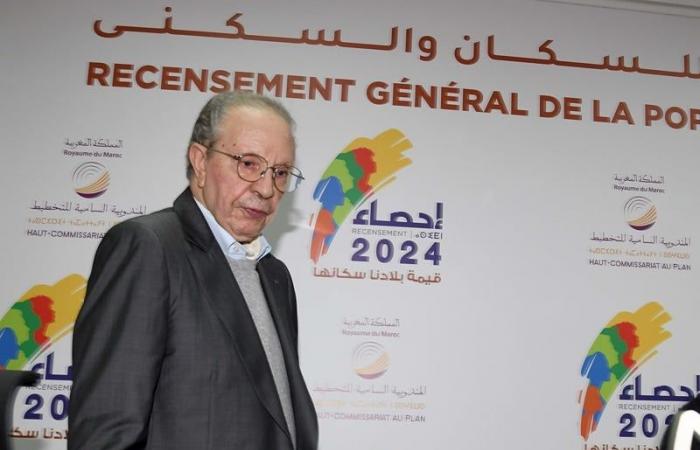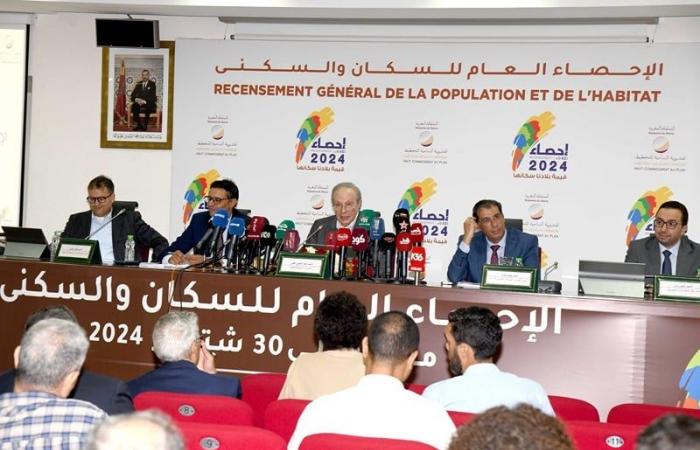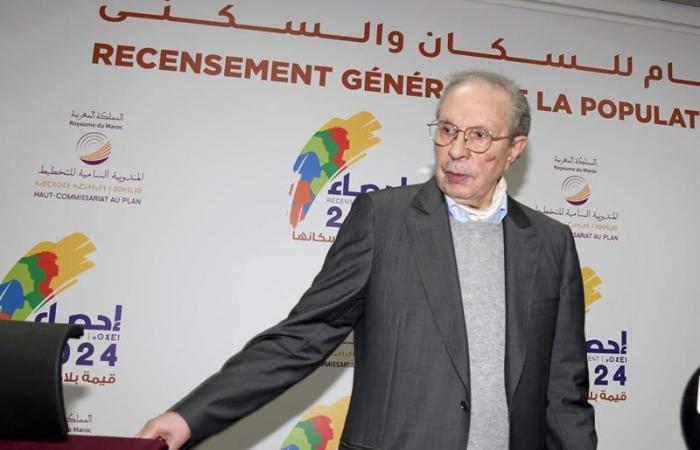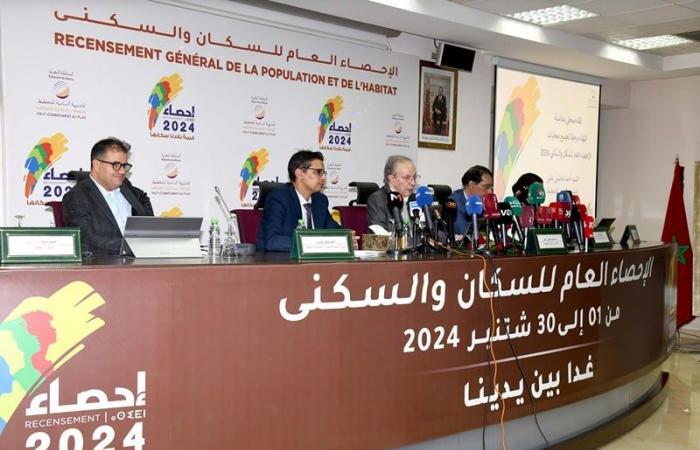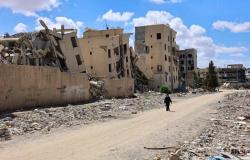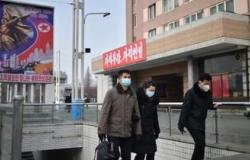The 2024 General Population and Housing Census (RGPH) operation, which began on September 1, officially ended on Monday, September 30. To mark the closure of this vast operation, the High Commission for Planning (HCP) held a press conference this Thursday, October 3, revealing a series of data on the progress of the operation, the incidents that occurred, the refusal rates , and much other relevant information.
During this conference, Ahmed Lahlimi, High Commissioner for Planning, expressed his pride in the commitment of the population throughout the Kingdom, thus responding to the call of King Mohammed VI. He specified that the information collected from households was centralized and stored in digital format at the Data Management Center, a system specially set up by the High Commission. This data is currently being analyzed and used.
Lahlimi then shared an essential point: the rate of refusal to participate in the census evolved over the course of the operation. Initially set at 0.29% (or 17,676 cases), it increased slightly to reach 0.4% (3,443 cases) on the last day. Among the recalcitrants, there are intellectuals and lawyers, which pushed the authorities to seek the help of building guardians and auxiliaries of authority (Mkaddem) to obtain the necessary information on these homes.
To a question asked by Hespress FR on the usefulness of a census if the “ Kadmia » already have information on households, Lahlimi clarified that the latter do not hold all the essential data, such as the marriage date of couples or the exact number of children, ownership of the house, crucial elements for the census .
Regarding the reasons for refusal, Lahlimi explained that these varied: some participants expressed skepticism about the usefulness of the census, others feared that the information provided could affect social assistance intended for vulnerable families, while others still others were dissatisfied with the current socio-economic situation.
The High Commissioner also mentioned the coincidence of the census with the start of the school year, a period when the financial pressure on Moroccan families is particularly high due to the decline in their purchasing power. This factor, according to him, contributed to certain refusals to participate.
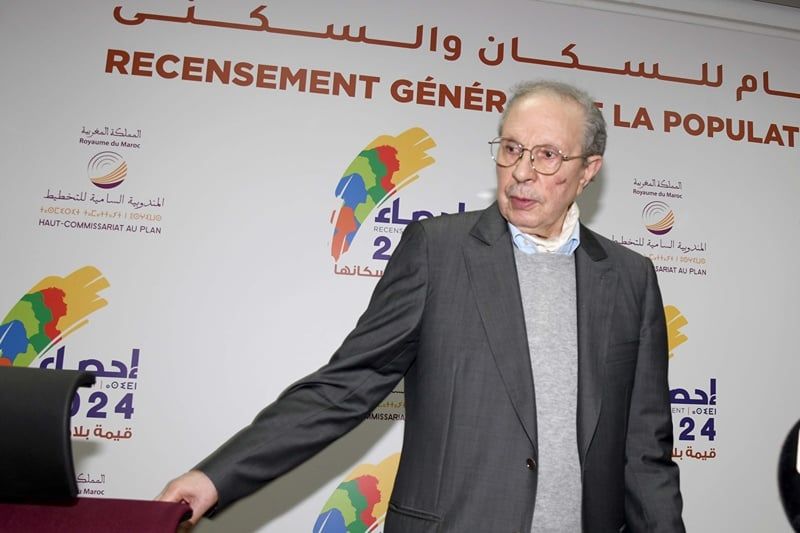
Despite these difficulties, Lahlimi was keen to emphasize that “ citizens of mountainous regions, despite their grievances about social conditions, responded to the call of King Mohammed VI and participated in the census without hesitation “. Although the operation took place without major clashes, it nevertheless highlighted the contrast between Morocco’s future aspirations and current living conditions, he noted.
On another level, Lahlimi justified sending detailed questionnaires to only 30% of households. “ This meets purely statistical and technical standards, recognized internationally, where a specific proportion is used to constitute a reliable database “, he explained.
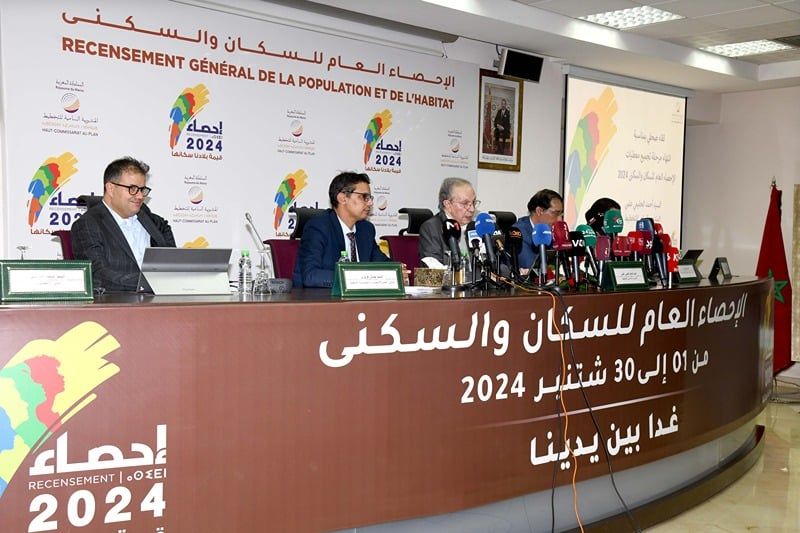
Finally, he noted that the census was unfortunately marked by the natural death of a researcher working within the framework of the RGPH. In addition, 149 incidents were recorded, the injured having received the necessary care. At the material level, 92 electronic tablets were damaged and 22 stolen, 14 of which were recovered thanks to the rapid intervention of law enforcement.
To conclude, Lahlimi affirmed that “ the King closely followed the progress of the census and ensured that the High Commission was the sole entity in charge of this operation, without intervention from any other authority.e “. This royal supervision strengthened the rigorous and autonomous framework of the operation, he said.

